- What We Do
- Agriculture and Food Security
- Democracy, Human Rights and Governance
- Economic Growth and Trade
- Education
- Environment and Global Climate Change
- Gender Equality and Women's Empowerment
- Global Health
- Humanitarian Assistance
- Transformation at USAID
- Water and Sanitation
- Working in Crises and Conflict
- U.S. Global Development Lab
-
Learn More
A 16 Days of Activism against Gender-based Violence message from Administrator Mark Green
-
Learn More
See how USAID is working to create a world free from gender-based violence
-
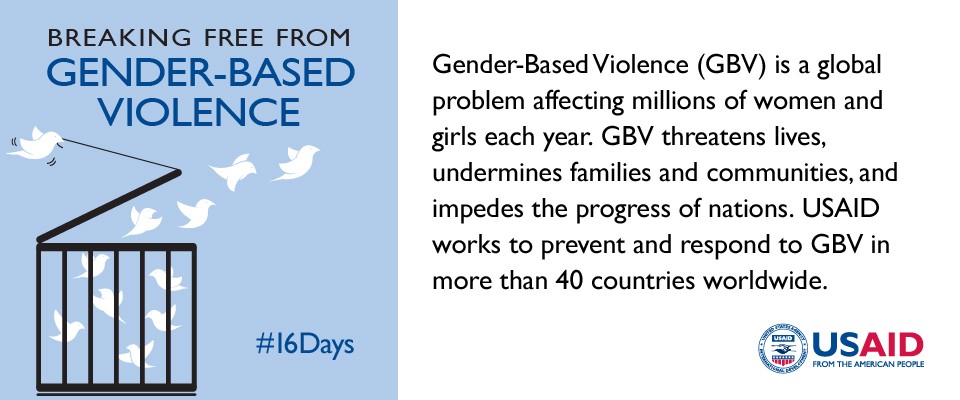
USAID is working to prevent and respond to gender-based violence around the world.
-
Learn More
Learn more about how we can address GBV in the updated United States Strategy to Prevent and Respond to GBV Globally [PDF, 4.4MB]
-
Learn More
Standing Up, Speaking Out: Creating safe cities free of sexual harassment, one volunteer at a time.
-
Learn More
Providing Hope for a Violence-Free Future: How a community leader in Guatemala is supporting women’s rights and equality
Speeches Shim
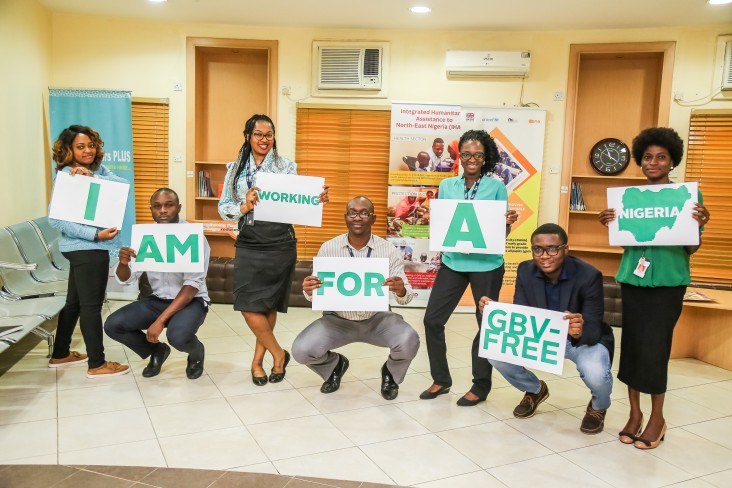
Gender-based violence transcends borders and cultures: it is a global issue affecting millions of people each year.
This violence threatens lives, undermines families and communities, and impedes the progress of nations.
Beginning November 25 (International End Violence against Women Day) and lasting through December 10 (International Human Rights Day), USAID will join the international community for the global campaign, 16 Days of Activism against Gender-Based Violence.
More than one in three women have experienced violence— that's 700 million women, or close to the total population of sub-Saharan Africa. The vast majority of this violence is committed by their husbands or male partners.
One way USAID provides lifesaving humanitarian assistance is by supporting efforts to prevent and respond to gender-based violence, or GBV, in more than 40 countries worldwide. USAID-supported interventions to combat gender-based violence include confidential medical care, counseling, legal assistance and community-based action and awareness programs.
Gender-based violence doesn't just impact the well-being of individuals, societies and nations-- it affects their economic stability. Gender-based violence has been estimated to cost the world more than 5% of global GDP — having a greater aggregate economic impact than war.
If women are not healthy and safe, they cannot care for themselves, support their families or contribute to their communities. From acid attacks to poisoning, and from discrimination to intimidation, people around the world are being threatened, harassed, attacked and killed purely based on their gender.
5 Ways USAID Is Working to Prevent and Respond to Gender-Based Violence
-
USAID has provided critical services to over 4 million survivors and persons at risk of gender-based violence
-
During conflict and crisis, we often see atrocious acts of gender-based violence, such as the selling of women and girls to generate income; demanding sex in exchange for food, water or safe passage; or forcing girls into marriage to meet basic needs or secure a child's future. Between 2014 and 2016, USAID provided nearly $87 million to support gender-based violence response and prvention efforts as part of our humanitarian assistance efforts in countries such as Iraq, Syria, Nigeria, Haiti, the Democratic Republic of Congo, Burma, South Sudan, Mali, Somalia, the Central African Republic, Pakistan, the Phillippines and Yemen.
-
Through our DREAMS ( (Determined, Resilient, Empowered, AIDS-free, Mentored and Safe) partnership, USAID works to eliminate harmful gender norms that contribute to gender-based violence, and provide vital care to GBV survivors.
-
Millions of women around the world who have a disability face increased risks of physical and sexual violence. USAID is partnerhing with projects such as Shanta Memorial Rehabilitation Center, which works to promote disability rights, disability inclusive development, civil society strengthening and community-based rehabilitation programs in India. We’ve helped train service providers, security personnel and counselors to respond to the needs of women with disabilities who experience gender-based violence. Through this partnership, USAID provides rights and advocacy training, income generation support and resources for over 1,000 Indian women with disabilities to ensure they can fully live out their dreams.
-
Child, early and forced marriage (CEFM), like other forms of gender-based violence, is rooted in gender inequality. Child marriage is a human-rights violattion and an impediment to sustainable global development. USAID is working around the world to prevent and respond to CEFM; for example, last year we worked with community leaders to prevent 748 cases of child marraige in Ethiopia. Our work in this area is rooted in USAID's Strategic Vision for Action to End Child Marriage and Meet the Needs of Married Children [PDF, 464K].
Sharing our Stories
-
Overcoming the Stigma of HIV/AIDS: Two Brave Women Inspire Hope in Central Asia
-
Standing Up, Speaking Out: Creating Safe Cities Free of Sexual Harassment, One Volunteer at a Time
-
Giving Women a Safe Haven from Conflict and Displacement in Northern Nigeria
-
On Her Own Two Feet: Despite her disability, one woman stands up to discrimination
Join the Conversation
This year, USAID will spotlight success stories about programs that empower women and girls to break free from gender‐based violence. Follow these stories to learn more on Twitter, Instagram and Medium.

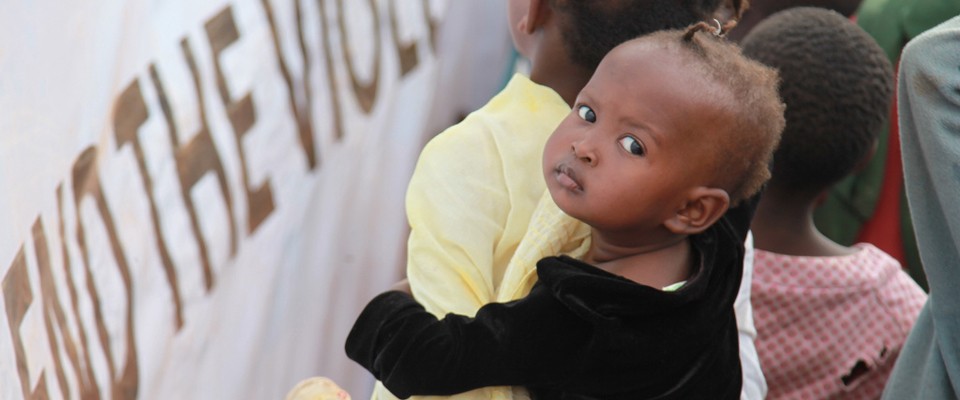
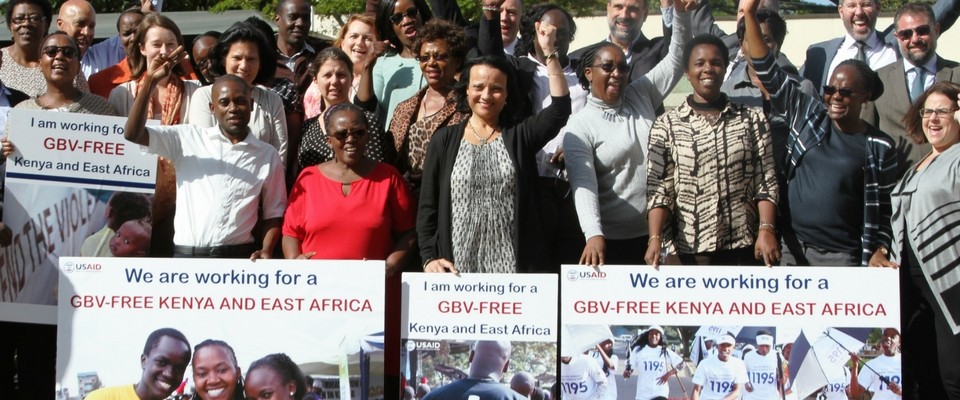
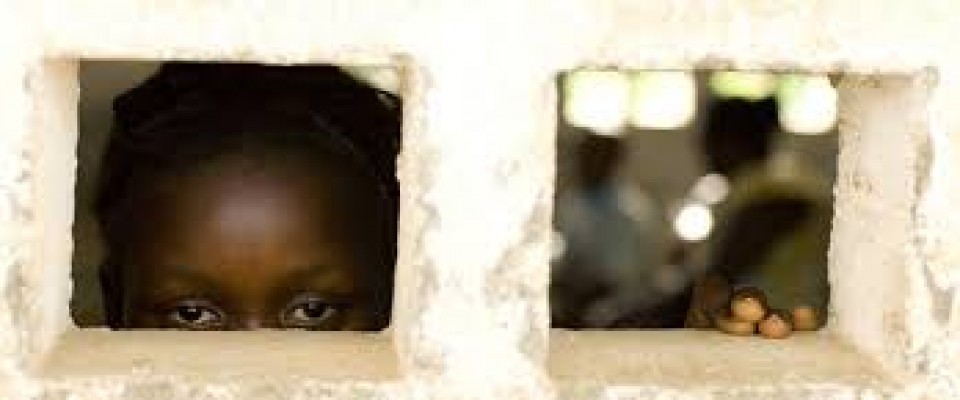
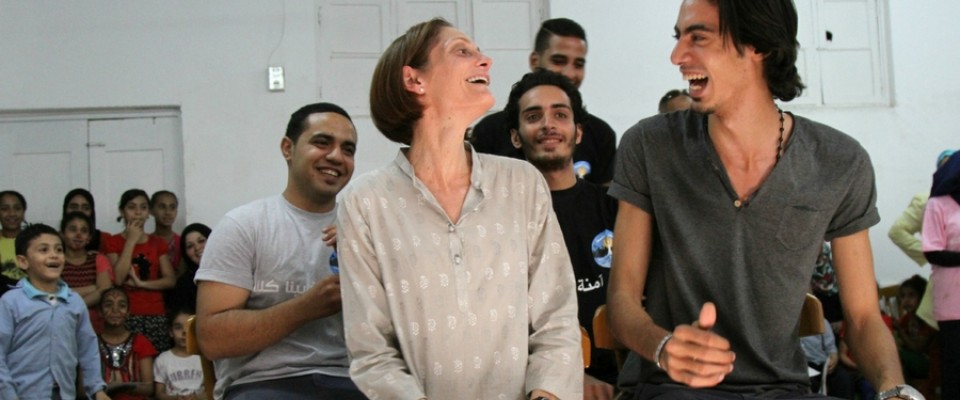
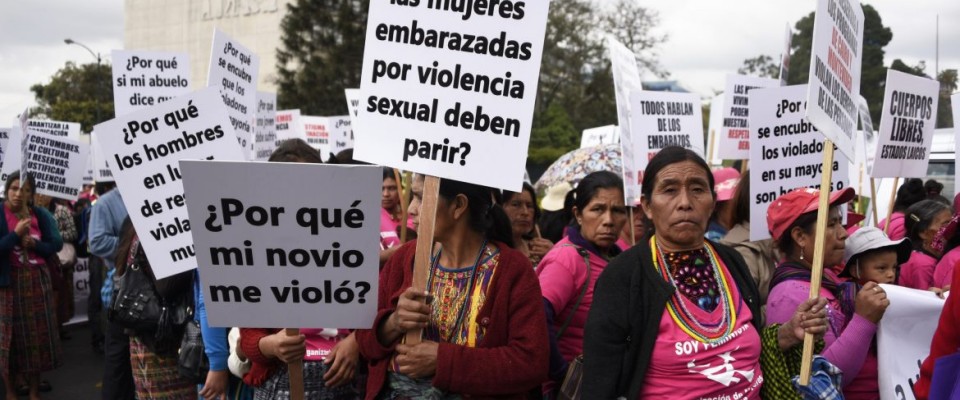
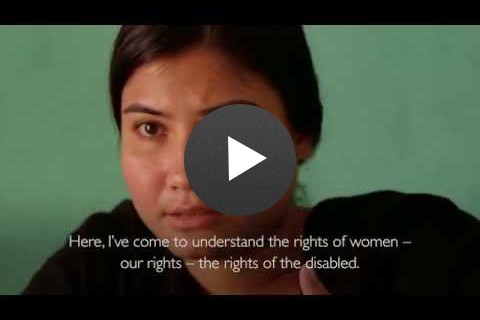
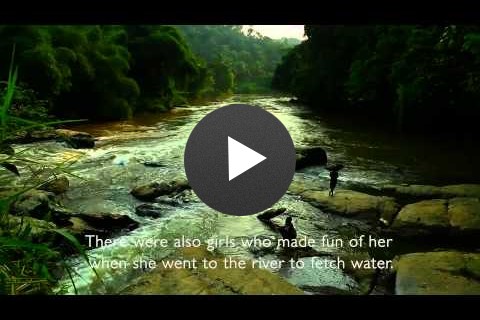
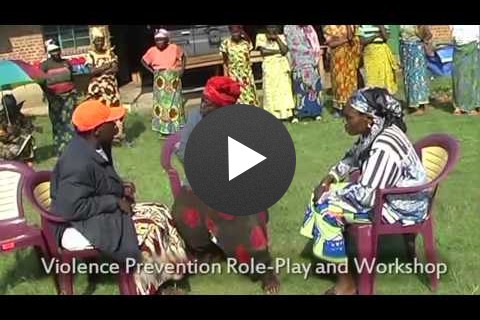
Comment
Make a general inquiry or suggest an improvement.